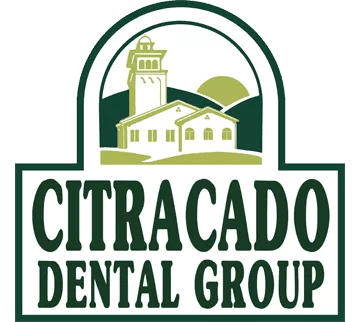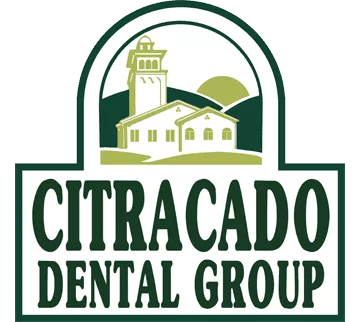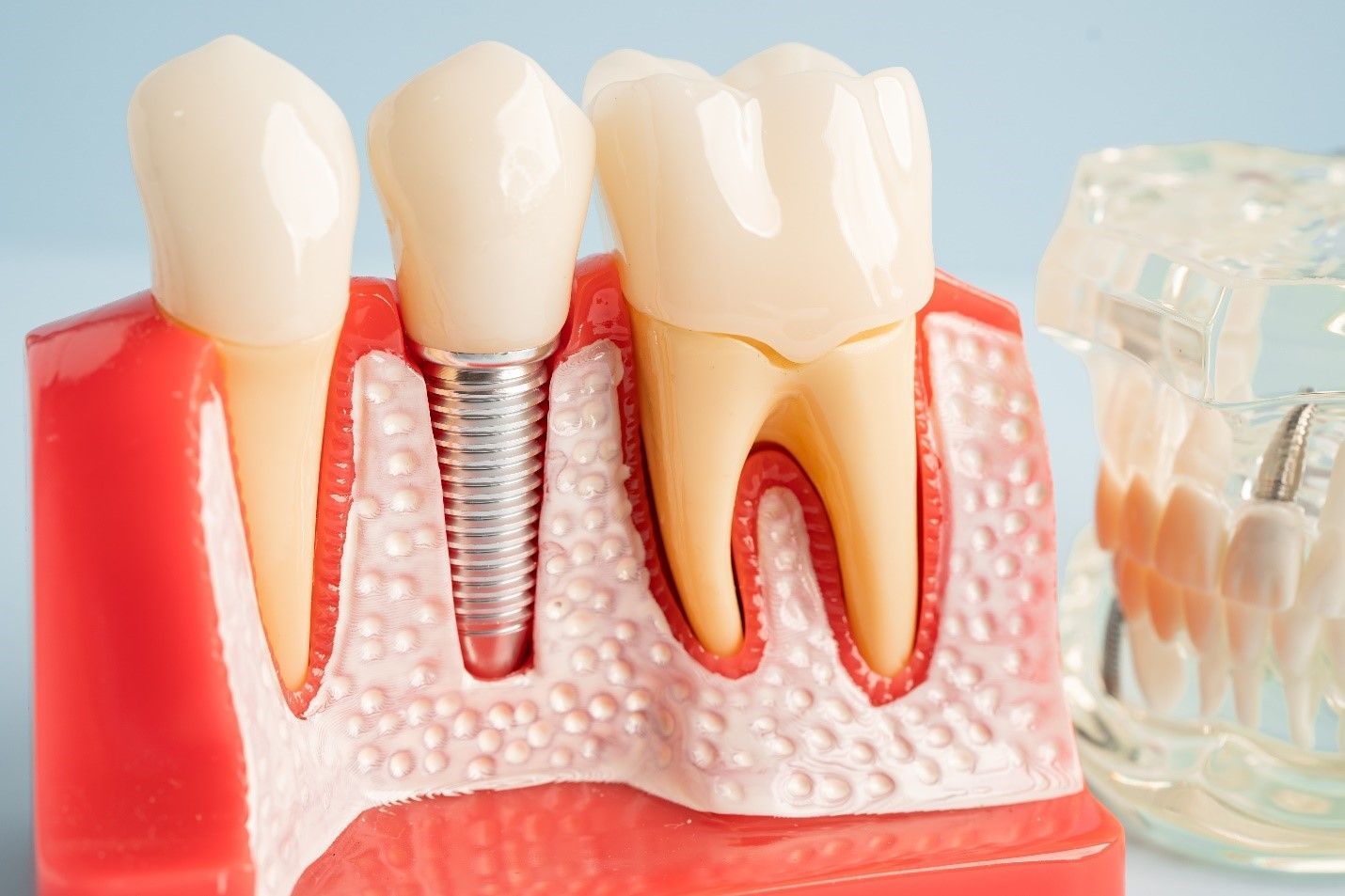5 FOODS THAT PROMOTE STRONG AND HEALTHY TEETH

From a very young age, we learn the importance of regular toothbrushing and flossing. Keeping up with teeth cleaning helps prevent tooth decay, cavities and other oral ailments.
Good oral hygiene and regular visits to the dentist are two excellent habits that will keep your smile healthy and looking its very best.
In addition, adding certain foods to your diet can also help maintain a healthy smile and promote your overall well-being at the same time.
Dairy products
Milk, cheese and other dairy products may already be part of your dietary rotation.
High in calcium, these foods will strengthen your bones and help fill in any void of minerals within teeth. In addition, dairy promotes the production of saliva, a natural cleaning agent that clears out food debris in between teeth and gums.
If your body prefers a lactose-light diet, try soy and cashew for a boost of calcium instead.
Non-sugar liquids like water, teas
Health experts agree that we should consume about eight eight-ounce glasses of water per day. Proper hydration is also an effective tool for oral upkeep and health.
When you consume sugary drinks, their sweet residuals can act as tooth-decaying agents. Harmful oral acids and bacteria inside the mouth will feed off the leftover sugary substances, which increase the risk for developing cavities.
Carbonated beverages, however, do contain some levels of acids even if they don’t have any sugar. Energy drinks, diet soda, and even sparkling water can cause acid erosion of your tooth’s enamel. Sodas are especially notorious for their very low pH and are some of the worst offenders for tooth damage.
Vitamin D
As already noted, dairy is a friend of oral hygiene. Both calcium and vitamin D can strengthen your teeth in multiple ways. Vitamin D, for instance, promotes enamel growth and will also trigger the body to absorb more calcium.
In fact, without vitamin D, the body’s bones and teeth would begin to deteriorate.
Nuts and low-fat protein
Almonds, walnuts, fish, poultry and tofu are extremely versatile foods for both snacking and complete meals. They are packed with essential nutrients and minerals that help protect teeth and jawbones, rebuild damage or strained tissue and balance pH levels within the mouth.
Fruits and veggies
Of course, eating fruits and vegetables is an obvious health-conscious habit.
Filled with vitamins and nutrients, fruits and vegetables have a lot to offer to the entire body.
They can boost saliva and are also excellent replacement foods for unhealthy snacks, which are filled with unnecessary sugars.
So go ahead, give yourself even more reasons to smile by adding a nutritious balance of food that’s good for your oral and overall health.
QUICK MENU
RECENT POSTS






